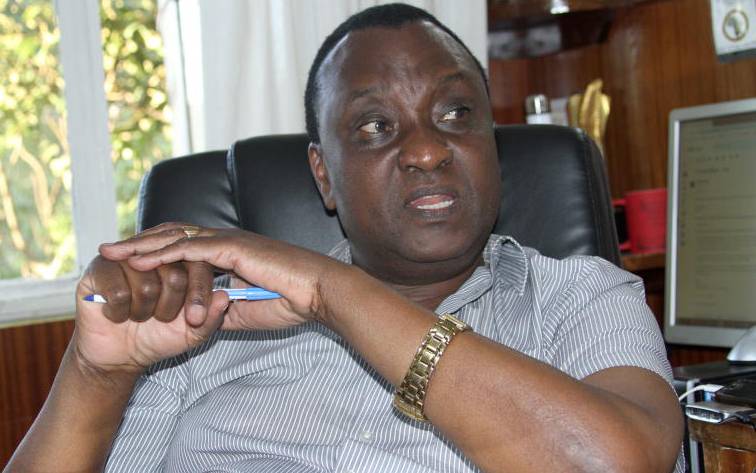×
The Standard e-Paper
Stay Informed, Even Offline

Gitobu Imanyara is obsessed with words. He loves weaving alphabets and watching them spring to life on blank paper.
Ever since he was a boy, he had an insatiable desire to scribble his thoughts and make stories out of them.